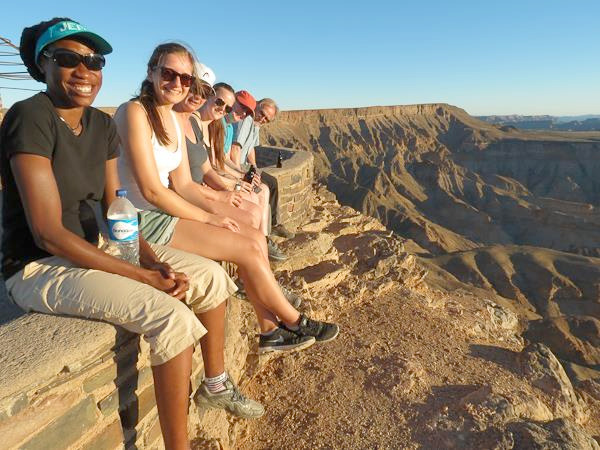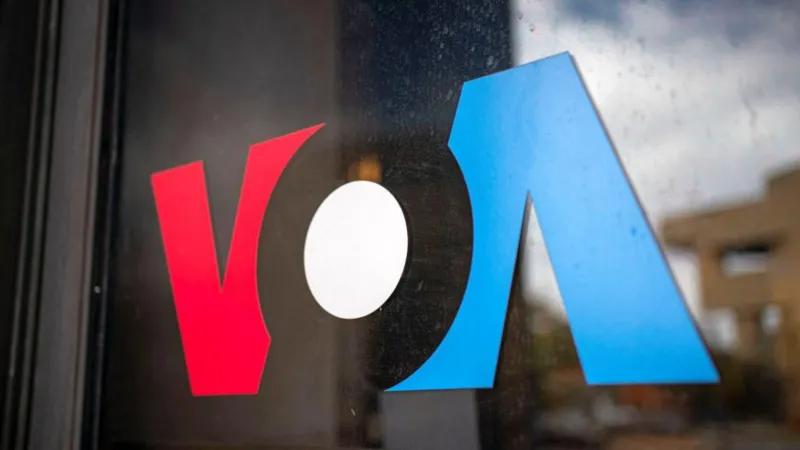Over the past weeks, Timoteus Mashuna has launched a misleading attack on me and the company I represent, Ultimate Safaris, a Namibian conservation travel company.
While we are confident in our credentials and our positive impact in Namibia, it is unfortunate that Mashuna failed to disclose his personal stake in the matter.
Mashuna – who also operates through Ottilie Ndimulunde and other proxies – works for the Ministry of Defence and Veterans Affairs, a salaried public servant funded by Namibian taxpayers.
While in public service, he has engaged in lucrative side ventures, including the controversial Uis Xinfeng ‘lithium heist’, which, according to The Namibian (11 April 2023), earned him and his associates N$50 million.
This matter is under investigation by both the prosecutor general and the Anti-Corruption Commission, as reported by The Namibian on 16 December 2024.
Mashuna has direct mining interests in Goantagab and is the complainant in a case lodged with the Namibian Competition Commission (NaCC), aiming to nullify Ministry of Environment and Tourism approved tourism contracts between Ultimate Safaris and three communal conservancies.
The objective? To clear the path for his mining operations.
His Environmental Impact Assessment (EIA) was weak and failed to mention the near-endemic black rhino population and the region’s high-value tourism potential.
It also did not meet requirements for consultation with relevant stakeholders.
The area was previously withdrawn from mining because of environmental sensitivity, yet the environmental commissioner reversed this decision seemingly to facilitate Mashuna’s mining claims registration and also approved Mashuna’s mining Environmental Clearance Certificate (ECC), and then issued a compliance order when Mashuna violated his ECC which then legitimised everything the EIA and ECC did not.
These matters are now under judicial review in the High Court.
FACTUALLY SPEAKING
Mashuna accuses us of exploiting black rhinos and communities for personal gain, falsely asserting that my family has benefited from tourism since the 1980s.
None of my family benefited from tourism until I became involved in tourism in 2003 as a Polytechnic of Namibia graduate.
Ultimate Safaris was founded in 2008, well after Namibia’s independence, as an inclusive and opportunity-driven enterprise.
We employ nearly 150 Namibians, with employees as shareholders and have invested over N$31 million in conservation and rural development in the last five years via our Conservation Travel Foundation – far exceeding any profits taken by shareholders.
In addition, our contractual obligations with conservancies generated N$10.5 million in direct benefits in 2024 alone in the area where Mashuna seeks to mine.
We wonder if Mashuna aims to profit by selling his mining interests once he circumvents current legal barriers, as he did with Xinfeng, as he continues to draw a taxpayer-funded salary.
WHO BENEFITS?
Mr Mashuna’s frustration appears to stem from our efforts – alongside communal conservancies and a traditional authority – to challenge the processes that facilitated his mining claims.
He has resorted to politicisation, racialisation and apparent intimidation. Recently, he laid complaints about matters in which he has a conflict of interest, with the NaCC and the directorate of environmental affairs.
The intention appears to be to damage both the affected conservancies and Ultimate Safaris – as well as ultimately threatening joint venture agreements involving other conservancies.
Mashuna’s claims that mining previously took place in the area ignores the fact that the expired mining licence predates high-value tourism operations and the government’s subsequent decision to withdraw the area from mining.
Research by Save the Rhino Trust, on behalf of the environment ministry, showed that open-cast mining, involving heavy machinery and blasting, displaces black rhinos and, consequently, the tourism activities dependent on them.
The claim that desert-adapted black rhino-focused tourism and open cast mining can coexist in the same area is self-serving and ignores global evidence to the contrary, as well as the sobering reality of what happened in the //Huab Conservancy a few years ago.
Mashuna attempts to undermine Namibia’s globally recognised, award-winning Community-Based Natural Resource Management (CBNRM) programme by citing a discredited academic paper.
In reality, this programme directly benefits 240 000 rural Namibians, generating N$180 million in 2023.
His attacks on Ultimate Safaris are, in reality, attacks on the 240 000 rural Namibians benefiting from CBNRM.
Why else would he seek to nullify valid tourism contracts that provide over 3 000 Kunene residents with annual community benefits exceeding N$10 million in 2024 from our operations?
Why is he attempting to close legal and environmentally compliant conservancy joint ventures?
Why make empty promises without any commitment to communities who have heard similar unfulfilled promises from certain mining interests before?
STARK CONTRASTS
Community-based tourism is highly regulated, ensuring that conservancies are not exploited.
Non-governmental organisations, the environment ministry and other stakeholders oversee tourism-related negotiations and contracting, guaranteeing long-term, sustainable benefits.
The same cannot be said for the mining sector, where, as recently reported by The Namibian (2 March): ‘Parliament clears lithium mining at Uis’, a mining company linked to Mashuna pays a mere N$10 000 a month to a traditional authority while offering substandard metal sheet buildings and chairs instead of meaningful compensation to affected conservancies.
In contrast, tourism operators share revenue – not profits but top-line revenue – with conservancies contributing 8% to 16% of total revenue.
Imagine if the mining sector paid similar margins to communities – Namibia’s rural landscape would be transformed.
Moreover, tourism operators are legally bound to employ local residents, implement substantive empowerment programmes, and leave behind valuable infrastructure at the end of their tenure.
We have invested nearly N$70 million in the region and planned to invest an additional N$30 million before Mashuna’s mining attempts – a N$100 million legacy that would belong to conservancies after our contracts expire.
What will Mashuna’s mining leave behind?
PRIORITIES AND PROMISES
Despite claiming to bring economic value, Mr Mashuna has signed no legally binding agreements guaranteeing revenue sharing, employment or compensation for tourism losses.
Your promised “mass employment” is unrealistic as open-cast mining requires highly specialised operators, a skill set in short supply locally – meaning most jobs will go to outsiders.
Tourism prioritises local capacity building.
Mashuna, your mining activities threaten not only the environment but also the livelihood of thousands who depend on sustainable tourism and a 30-year track record of the successful implementation of a CBNRM programme.
Not only do your actions undermine conservation and sustainable development, they also show disregard for the very people you claim to represent, never mind the disrepute you cast on the ethical mining sector which contributes significantly to Namibia’s economy and society.
Namibia must stand firm against those who prioritise gain over national well-being.
- Tristan Cowley is a born Namibian, co-founder and managing director of Ultimate Safaris, a Namibian conservation travel company.
- He serves on a number of tourism and conservation-related boards and aims to ensure that these efforts have a positive generational impact.
– This article is in response to an opinion piece by Timoteus Mashuna published on 25 February.
Stay informed with The Namibian – your source for credible journalism. Get in-depth reporting and opinions for
only N$85 a month. Invest in journalism, invest in democracy –
Subscribe Now!










